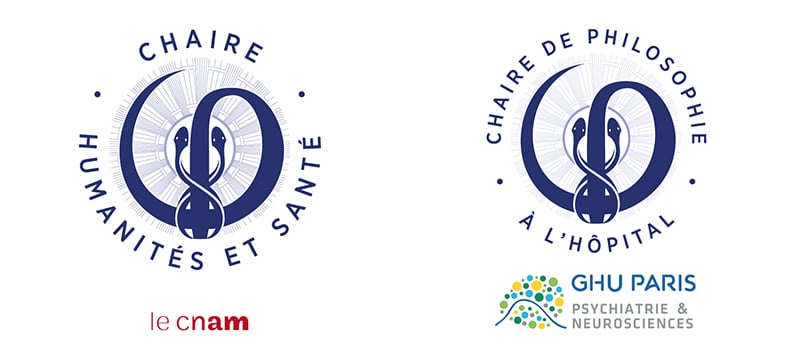https://www.youtube.com/watch?v=ZQxn_pa-h1oHow does literature, especially fiction, reflect, in the sense of reflection as well as thought, what psychiatrists call mental illness and what literary texts most often refer to as insanity? The aim will be to suggest a few avenues of inquiry to answer this question, based on a corpus of French novels published during the 20th century.
First of all, it is important to identify the characteristics of madness from the multifaceted mirror held up by the novel in order to offer a definition based on the inner lexicon of literary works. To delineate the thematic field of madness is not only to identify its expressions in order to sketch its clinical image, but also to discern its position in relation to common experience, particularly with regard to certain notions – reason, normality, integration, wisdom, sensitivity – which have long constituted its flip side. We will thus examine the way in which novels both reflect and model a set of paradigms that have emerged over the course of the century, in response to epistemological, philosophical and sociological advances and upheavals.
The singular nature of the experience of mental illness, situated at the intersection of diverse and often conflicting narratives (testimonial, scientific, literary), prompts us, in a second phase, to question whether literature has the legitimacy to appropriate this phenomenon, as well as whether it is capable of providing us with a singular understanding of it. More specifically, it will be a question of elucidating the complex strategies of movement, sometimes cooperative, sometimes competitive, between medical discourse and literary discourse, from the birth of alienism to the emergence of modern psychiatry. Certainly, the affirmation of the organicist model from the middle of the nineteenth century onwards resulted in the elevation of psychiatry as a medical science and the gradual move away from literary and scientific discourse. Nevertheless, novelists did not abandon the sphere of madness, even if these interactions took on new forms and adopted different modalities in the twentieth century. What ties can there be between literature and medicine at a time when the increasing complexity and technicality of the latter are accentuating an increasingly impenetrable gap between the two fields? What is the relationship between theory and the application – in every sense of the word – of knowledge about madness in the novel? In other words, how does theoretical knowledge nourish the novel and how does this knowledge in turn nourish, destabilize and displace theory?
Finally, the issue of what literature can contribute to the understanding, knowledge and care of mental illness will be discussed. Looking at the growing fields of narrative medicine and the medical humanities, we will shed light on some of the key contributions, complementary to medical knowledge, that the study of literature can provide those caring for the psyche – and more broadly anyone interested in mental disorders
